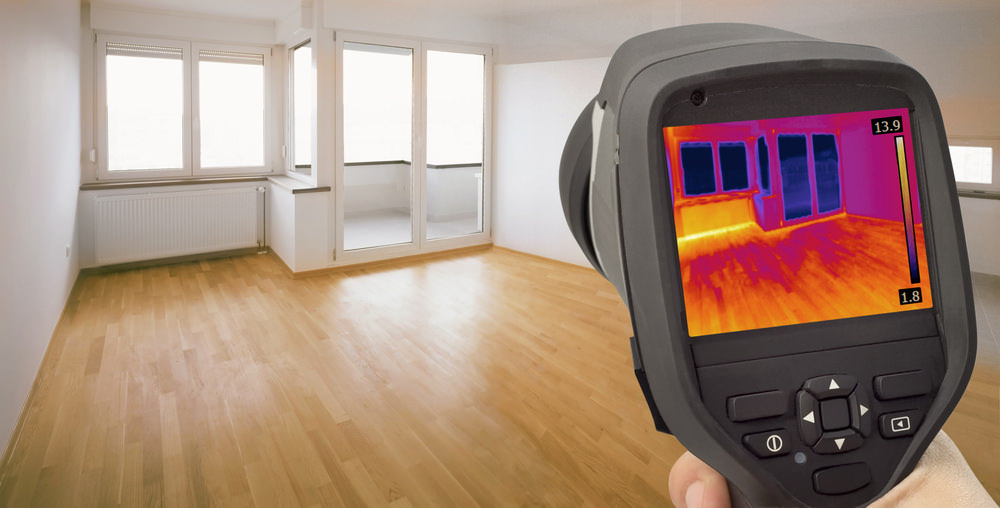How Does Temperature Affect Engineered Floors?
In any area where changes in humidity and temperature vary, engineered hardwood will out perform their solid hardwood counterparts. Engineered is relatively more resistant to temperature changes than solid wood. When an installation is below grade, or over or near radiant heating systems and/or any humid area or climate is concerned, engineered wood is firmly favored over solid hardwood, the use of the latter being discouraged by most professionals.
Engineered wood is designed to provide better stability and resistance when moisture or heat may cause problems for solid wood floors. Engineered floors feature a multiple-ply plank design , meant to allow for expansion while maintaining its structural stability. This flooring is made up of an inner core of hardwood and/or softwood plywood or high density fiberboard and a top layer of veneer that is glued on the top surface of the core. These layers are bonded together under heat and pressure.
The stacking of the layers is meant to prevent the natural tendency of hardwoods to expand, contract, warp, or cup when exposed to different environmental factors. Especially, when moisture causes solid hardwood floors to expand excessively. As a result, engineered floors counteract twisting and warping in presence of moisture, and remain flat and intact.
This ‘multiple-ply plank’ feature makes engineered wood an excellent alternative in geographical areas that have excessive humidity, or in building spaces otherwise unsuited for solid hardwood like damp basements. Similarly, engineered flooring is a versatile choice in flooring, resistant to heat as well moisture. Engineered floors is a logical alternative to solid wood in areas where environmental factors do not allow solid hardwood to flourish.


steve
is gluing engineered flooring as strong as stapleling the wood?
when stapling, does the staple penetrate just the bottom piece?
steve
we installed 800 sf of enginerred flooring in September 2008. the project was completed in December 2008. two months later the whole engineered floor grew horns (cupping) by taking on moisture. the mechanical contractor installed a fin tube radiator backwords causing temperatures to stay at 80 degrees, for 40 days while the heat was 80 degrees , the owner opened the windows daily to lower the temperature to 60 degrees. do you think the humidity that went up and down with the tempurature caused the cupping?
John
I am considering changing a hydronically heated floor from terrazo tile to hardwood (engineered). I have been told that the best way to do this is to not take up the tile but to put the wood directly on the tile. Will this work? Will it be reasonably efficient?
dennis
I don’t agree with your assessment of engineered wood in a hot and humid environment. I am building a hot yoga studio and wonder if any type of wood floor would survive. I currently go to a hot yoga studio where the edges and ends of an engineered wood floor are warping after 6 months. Do you have any recommendations? What about cork?
Ron Marsh
When installing engineered flooring on heated concrete in a walkout basement do you require a 6ml vapor barrier? I am installing Torley’s product.
Thanks,
Rodney Noriega
Hi Ron,
You would need a vapor barrier to maintain manufacturer warranty. If you are floating the floor over concrete, you need to buy underlayment with an integrated vapor barrier. If you are gluing directly over concrete, make sure you purchase an adhesive that is 100% urethane based (it should have an integrated vapor barrier).
Also, it is never a bad idea to do a moisture control test prior to install to see if there are any moisture concerns. If so, they can be alleviated by a moisture sealant which should be applied prior to install.
Cheers,
Rodney